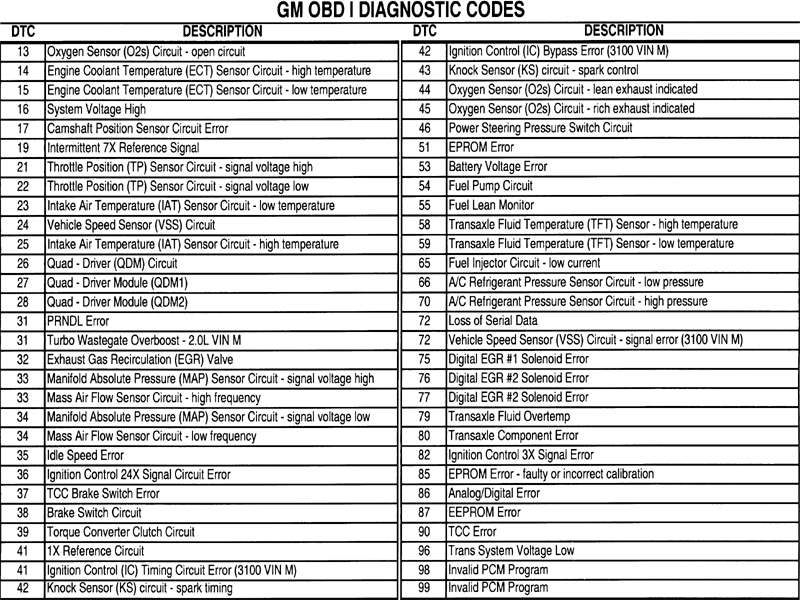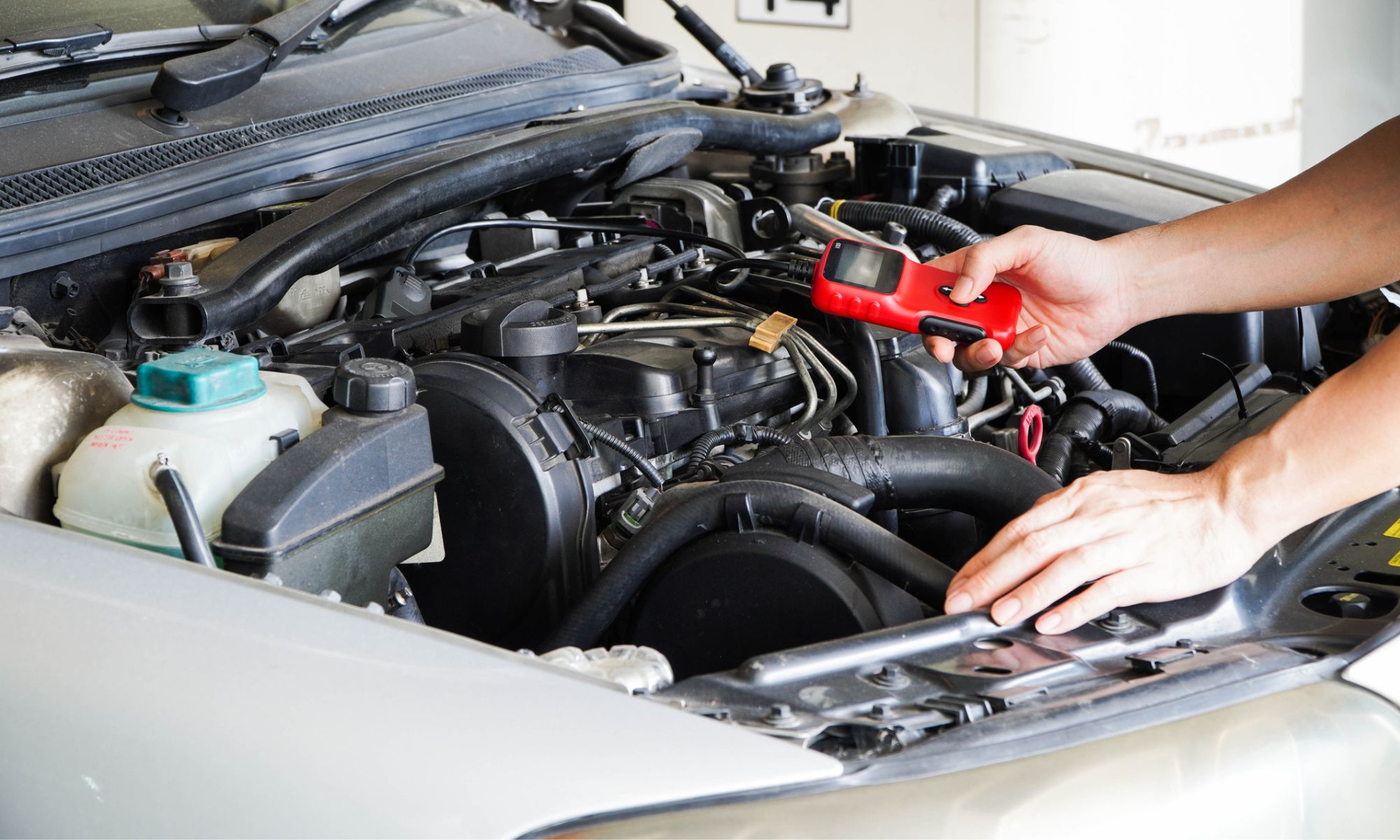Deciphering Your Car's Silent Language: Understanding Auto Engine Light Codes
That little yellow light on your dashboard, the check engine light, can be a source of both mystery and anxiety. It's a silent messenger, communicating a potential issue within your vehicle's complex system. Understanding what it's trying to say, through auto engine light codes, is crucial for maintaining your car's health and preventing costly repairs.
These illuminated warnings, also known as diagnostic trouble codes (DTCs), aren't meant to be ignored. They offer valuable insights into the inner workings of your car, acting as an early warning system for potential problems. Ignoring these signals can lead to more significant issues down the road, transforming a minor inconvenience into a major headache.
The journey of the engine light begins with the implementation of On-Board Diagnostics (OBD) systems. In the early 1980s, rudimentary systems started appearing, primarily focusing on emissions control. As technology advanced, these systems became more sophisticated, evolving into the OBD-II system we know today, standardized in 1996. This standardization ushered in a universal language of car diagnostic codes, making it easier for mechanics to diagnose and repair vehicle issues regardless of the make or model.
The heart of this system lies in the Engine Control Unit (ECU), sometimes referred to as the car's computer. The ECU constantly monitors various sensors throughout the engine and other crucial components. When a sensor detects a reading outside the normal operating parameters, the ECU triggers the check engine light and stores a corresponding diagnostic trouble code. These codes are the key to understanding what's happening under the hood.
Decoding these trouble codes is no longer the exclusive domain of mechanics. With readily available OBD-II scanners and a wealth of online resources, car owners can now access and interpret these codes themselves. While this empowers car owners, it's important to remember that codes offer clues, not definitive diagnoses. A code indicating a problem with the oxygen sensor, for example, might be due to a faulty sensor, but it could also be a symptom of a vacuum leak or other underlying issues.
One of the primary benefits of understanding car trouble codes is the potential cost savings. By identifying potential problems early, you can address them before they escalate into more expensive repairs. Another advantage is improved vehicle performance. Addressing issues indicated by the codes can lead to better fuel efficiency, smoother operation, and overall enhanced performance.
A simple action plan for dealing with an illuminated check engine light starts with retrieving the codes using an OBD-II scanner. Once you have the codes, research their meaning. Online forums, repair manuals, and even YouTube videos can be valuable resources. Based on your research, you can decide whether the issue is something you can address yourself or if it requires professional attention.
Advantages and Disadvantages of Understanding Engine Codes
| Advantages | Disadvantages |
|---|---|
| Early problem detection | Potential for misinterpretation |
| Cost savings | May not pinpoint the exact cause |
| Improved vehicle performance | Requires some technical knowledge |
Best Practices:
1. Regularly check for codes, even without an illuminated check engine light.
2. Document the codes and any repairs performed.
3. Research thoroughly before attempting DIY repairs.
4. Consult a qualified mechanic for complex issues.
5. Invest in a quality OBD-II scanner.
Frequently Asked Questions:
1. What does a flashing check engine light mean? A flashing light indicates a serious problem requiring immediate attention.
2. Can I drive with the check engine light on? It depends on the severity of the issue indicated by the code. It's best to get it checked as soon as possible.
3. Will disconnecting the battery reset the check engine light? Yes, but it won't fix the underlying problem.
4. Are all OBD-II scanners the same? No, they vary in features and functionality.
5. How often should I check my car's diagnostic codes? It's a good practice to check them monthly, even if the check engine light isn't illuminated.
6. What's the difference between OBD-I and OBD-II? OBD-II is a standardized system, whereas OBD-I varied between manufacturers.
7. Can I fix my car based solely on the code? While codes offer valuable clues, they don't always pinpoint the exact cause of the problem.
8. What are some common engine codes? P0420 (catalytic converter efficiency below threshold), P0171 (system too lean), P0300 (random misfire).
Tips and Tricks: Keep a log of your car's diagnostic trouble codes and any related repairs. This can be invaluable for tracking recurring issues and aiding future diagnoses.
Understanding the language of your car, through engine light codes or automobile diagnostic codes, is an essential aspect of car ownership. It empowers you to take control of your vehicle's maintenance, potentially saving you money and frustration in the long run. By recognizing the significance of these codes and taking appropriate action, you can ensure a smoother, safer, and more enjoyable driving experience. Don't let that little yellow light intimidate you; instead, embrace it as a valuable tool for keeping your car running at its best. Being proactive in understanding and addressing these codes will contribute to the longevity and health of your vehicle, turning a potentially stressful situation into a manageable and empowering experience.
Unlocking blazing fast internet your guide to the best rg6 coaxial cable
Discover unique treasures craft fairs in nj this weekend
Decoding the mysteries of the ac delco air filter chart

Gmc Sierra Check Engine Light Codes | Innovate Stamford Now

Silverado Check Engine Light Codes | Innovate Stamford Now

2008 Mini Cooper S Check Engine Light | Innovate Stamford Now

94 Nissan sentra check engine light codes | Innovate Stamford Now

Chevy Duramax Engine Codes | Innovate Stamford Now

Bmw Light Bulb Warning Symbol at Cheryl Mountain blog | Innovate Stamford Now

How To Check Engine Light Codes Without A Scanner | Innovate Stamford Now
Why Is My Car Shaking and the Check Engine Light is On FAQ | Innovate Stamford Now

Auto Trouble Codes Check Engine Light | Innovate Stamford Now

2001 Toyota Tacoma Check Engine Light | Innovate Stamford Now

Chevy Check Engine Light Codes | Innovate Stamford Now

How to Read Check Engine Light Codes With a Check Engine Decoder | Innovate Stamford Now

free shipping Fashion merchandise Global trade starts here Ancel AD310 | Innovate Stamford Now

Chevy Silverado Check Engine Light Codes | Innovate Stamford Now

Chrysler Town and Country Check Engine Light DIY Diagnostic Tips | Innovate Stamford Now